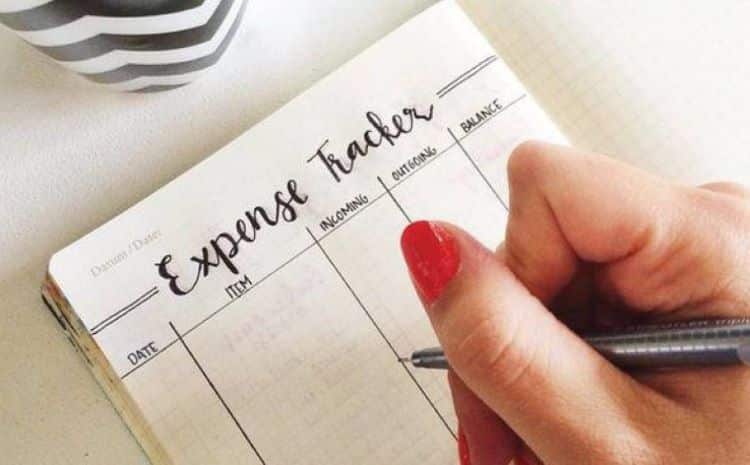Some of us might brush off the idea of managing personal finances. We might think it’s too early for us to worry about it, especially if we are single or living alone. (Or that it’s a waste of time if we are too busy supporting our family.)
However, it’s one of the most crucial things in life.
Regardless of your civil status, here is a simple guide for how to manage your finances.
1#: Set Some Short- and Long-term Financial Goals

The first step to managing personal finances is to write down your goals.
What do you hope to accomplish or achieve?
There has to be a reason why you are saving up in the first place.
Given such, write down your short- and long-term financial goals.
Technically, you can carry out your plans at any time. But you might want to try writing down your objectives before the old year ends to kick off the new year.
To give you a few ideas, here are some common short-term and long-term goals.
2#: Choose the Right Budgeting Method

After setting down some goals, it’s time for you to pick a budgeting method.
Having a budget can help you keep track of your income and expenses.
There are tons of methods available when it comes to budgeting. However, not every approach will work for you.
Thus, make sure to find something that will suit your preferences, your lifestyle, your income, your expenditures, etc.
We have listed a few budgeting methods and the type of person each strategy is best suited for.
3#: Budget Your Monthly Income

When you have chosen a budgeting method, it’s time to apply it to your monthly income.
Oftentimes, budgeting can cause anxiety. After all, it’s not an easy task. It is time-consuming to sit down and allocate a few hours to a day each month.
An unexpected expense can also derail your budget. There are simply too many factors.
Still, remember that budgeting is a process that you constantly improve. As you consistently go through the task, it often becomes easier.
4#: Track Your Monthly Expenses

Another nerve-racking aspect of budgeting is tracking expenses.
You can record your daily, weekly, monthly, and even yearly expenditures.
However, if you are new to this, it would be best to start small.
When you have recorded your daily and weekly expenses, it would be easy to figure out your spending habits.
Thus, you can make adjustments to make room for more important goals, like savings and retirement.
While expense tracker apps are largely available on the market, we have created a guide for how to use a spreadsheet for this purpose.
5#: Incorporate Small Saving Habits into Your Daily Life

Lastly, money management for adults has become even more crucial, considering the country’s high inflation.
At this point, you might have done what you could to at least save more money.
But what else?
We have come up with ten small saving habits—tiny practices you can incorporate into your life to produce exponential results.
Final Word
Managing personal finances is not the easiest thing to do. There are lots of factors to consider (not to mention, it can be tedious). The process is also different when you are single or have a family to feed.
Regardless of your circumstances, we hope that in time, these tips on how to manage your personal finances can help you achieve financial independence.
Now, if you are looking for ways to multiply your earnings, why not try a work-from-home (WFH) arrangement? One of Remote Staff’s many job listings might appeal to you.
Remote Staff is a pioneer when it comes to remote staffing solutions. For over 15 years, the company has provided lucrative WFH jobs to a great number of Filipino remote workers. Interested to learn more? Register today!

